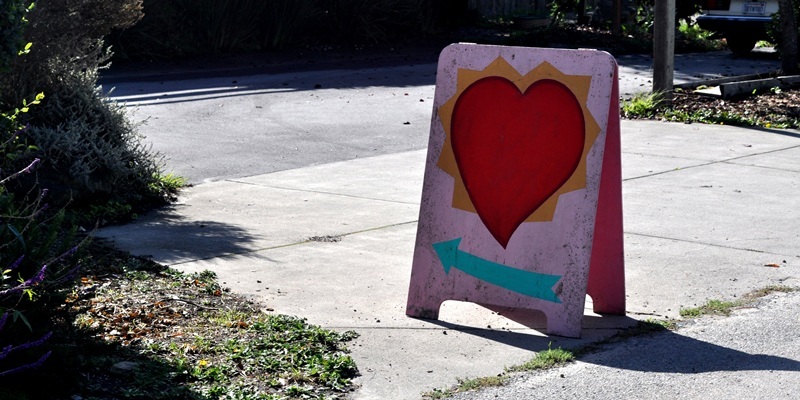An Abertay University academic has branded homeopathy “ethically unacceptable” and called for it to be rejected by healthcare professionals.
Dr Kevin Smith, who is a senior lecturer specialising in genetics and bioethics, has said the NHS should not spend £4 million a year supporting homeopathy, which involves treating patients with highly diluted substances.
There is a homeopathic hospital in Glasgow, one of four in Britain.
Writing in the journal Bioethics, Dr Smith said scarce NHS resources should not be allocated to them.
He said, “Homeopathic preparations are so diluted that they contain no significant amounts of active ingredients, and thus can have no effect on the patient’s body.
“Those who believe it works either do not understand the science or are simply deluded.
“Homeopathy is not ethically neutral it is wasteful and potentially dangerous.”Ethical perspectiveIn his article, Dr Smith said he had looked at the positive and negative features of homeopathy from an ethical perspective.
The potential benefits included its non-invasiveness, cost-effectiveness and the placebo effect in which a patient’s condition improves even though they have been given no genuine medicine.
The negative effects were patients’ failure to seek effective healthcare, wastage of resources, promulgation of false beliefs and a weakening of commitment to scientific medicine.
Dr Smith said he had reached the conclusion “homeopathy is ethically unacceptable and ought to be actively rejected by healthcare professionals.”
In his biography on Abertay’s website, Dr Smith describes himself as “committed to the principles of science-based medicine, and strongly opposed to psuedo-science and quackery.”
Cristal Sumner, the chief executive of the British Homeopathic Association, said treatments at the Glasgow hospital were provided by fully-qualified doctors who often specialised in treating people whose conditions had not responded to conventional medicine.
She said it was “patently absurd” to argue that homeopathy was unethical or a waste of money, adding that given the “remarkable results” of studies at the NHS homeopathic hospitals, the further use of the treatment should be explored.
Photo used under Creative Commons licence courtesy of Flickr user Panegyrics of Granovetter.
